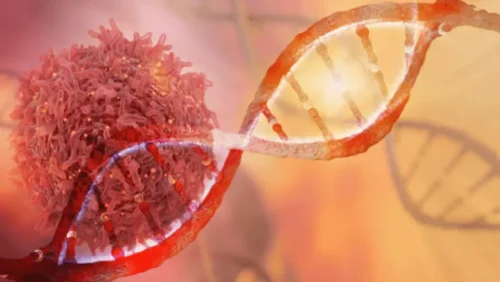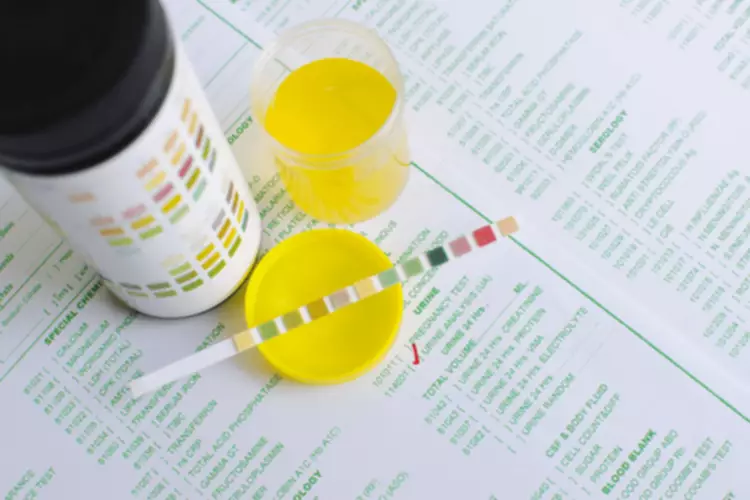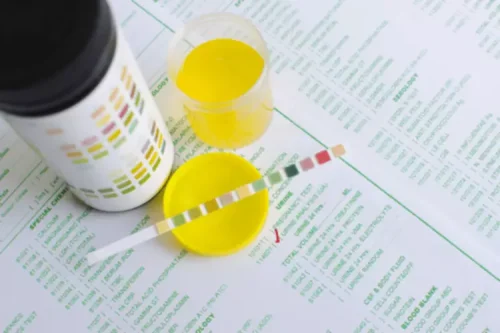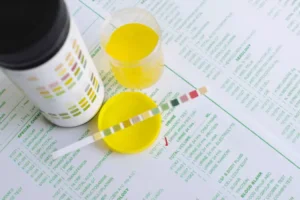
It’s important to avoid any triggers or situations that may make you want alcohol. Research shows that only a small portion of people with AWS require medical treatment. Yes, vitamins are good for alcohol withdrawal by replenishing essential nutrients lost due to chronic alcohol use.
Signs of Heroin Addiction: Physical, Behavioral, & Psychological Indicators
It is a medical emergency and can result in death if not promptly treated. Symptoms may include severe agitation and confusion, fever, hallucinations, and seizures. Cognitive-behavioral therapy (CBT)4 is an evidence-based form of talk therapy proven to be effective alcohol withdrawal syndrome symptoms in addressing alcohol use disorder and other substance use disorders.
- Symptoms escalate as the body struggles to regain balance, ranging from mild discomfort to life-threatening complications.
- It’s estimated that about 75% of people following acute alcohol withdrawal experience prolonged symptoms.
Related MedlinePlus Health Topics

Learn more about A.D.A.M.’s editorial policy, editorial process, and privacy policy. Symptoms such as sleep changes, rapid changes in mood, and fatigue may last for months. People who continue to drink a lot may develop health problems such as liver, heart, and nervous system disease. It is important to go to a living situation that supports you in avoiding unhealthy alcohol use. Some areas have housing options that provide a supportive environment for those trying to stay sober.
- Some symptoms of withdrawal occur with most substances, while others can vary by substance.
- People with alcohol use disorder should be monitored by a medical professional when withdrawing from alcohol.
- However, if a person already has alcohol use disorder, they can help prevent some of the withdrawal symptoms by speaking with a doctor about safe withdrawal.
- While mild symptoms such as tremors and nausea are common, severe withdrawal leads to seizures, hallucinations, delirium tremens (DTs), and cardiovascular instability.
Injecting Drugs: Health Risks and Social Consequences

You will likely need to make daily visits to your provider until you are stable. Most people with mild to moderate alcohol withdrawal don’t need treatment in a hospital. But severe or complicated alcohol withdrawal can result in lengthy hospital stays and even time in the intensive care unit (ICU). Alcohol withdrawal causes a range of symptoms when a person with alcohol use disorder stops or significantly decreases their alcohol intake. The symptoms can range from mild to severe, with the most severe being life-threatening.


While ecstasy withdrawal symptoms are usually not life-threatening, the emotional intensity can make it hard to stop using the drug without professional support. While some may view ecstasy as a harmless recreational drug, it can have serious consequences. The surge in brain activity caused by MDMA often depletes neurotransmitter levels, leaving people emotionally and physically drained after the effects wear off—this is known as a molly comedown. Over time, repeated use can lead to tolerance, dependence, and withdrawal symptoms upon discontinuation. Detox can be done at a clinic, hospital, or rehabilitation center and may include medications to manage withdrawal and help reduce symptoms.
Who is at risk for alcohol withdrawal syndrome?
The prognosis (outlook) for someone with alcohol withdrawal depends greatly on its severity. Many involve a combination of group psychotherapy (talk therapy) and medications. Alcohol (ethanol) depresses (slows down) your central nervous system (CNS). If you consistently consume significant amounts of alcohol, your CNS gets used to this effect. Your CNS must work harder to overcome the depressant effects of alcohol to keep your body functioning. At Renaissance Recovery our goal is to provide evidence-based treatment to as many individuals as possible.
Chronic alcohol use can cause complex changes Alcoholics Anonymous in the brain, including the neurotransmitters dopamine and gamma-aminobutyric acid (GABA), which affect excitement and a person’s sense of reward. If you have a drinking problem, it is best to stop drinking alcohol completely. Total and lifelong avoidance of alcohol (abstinence) is the safest approach.